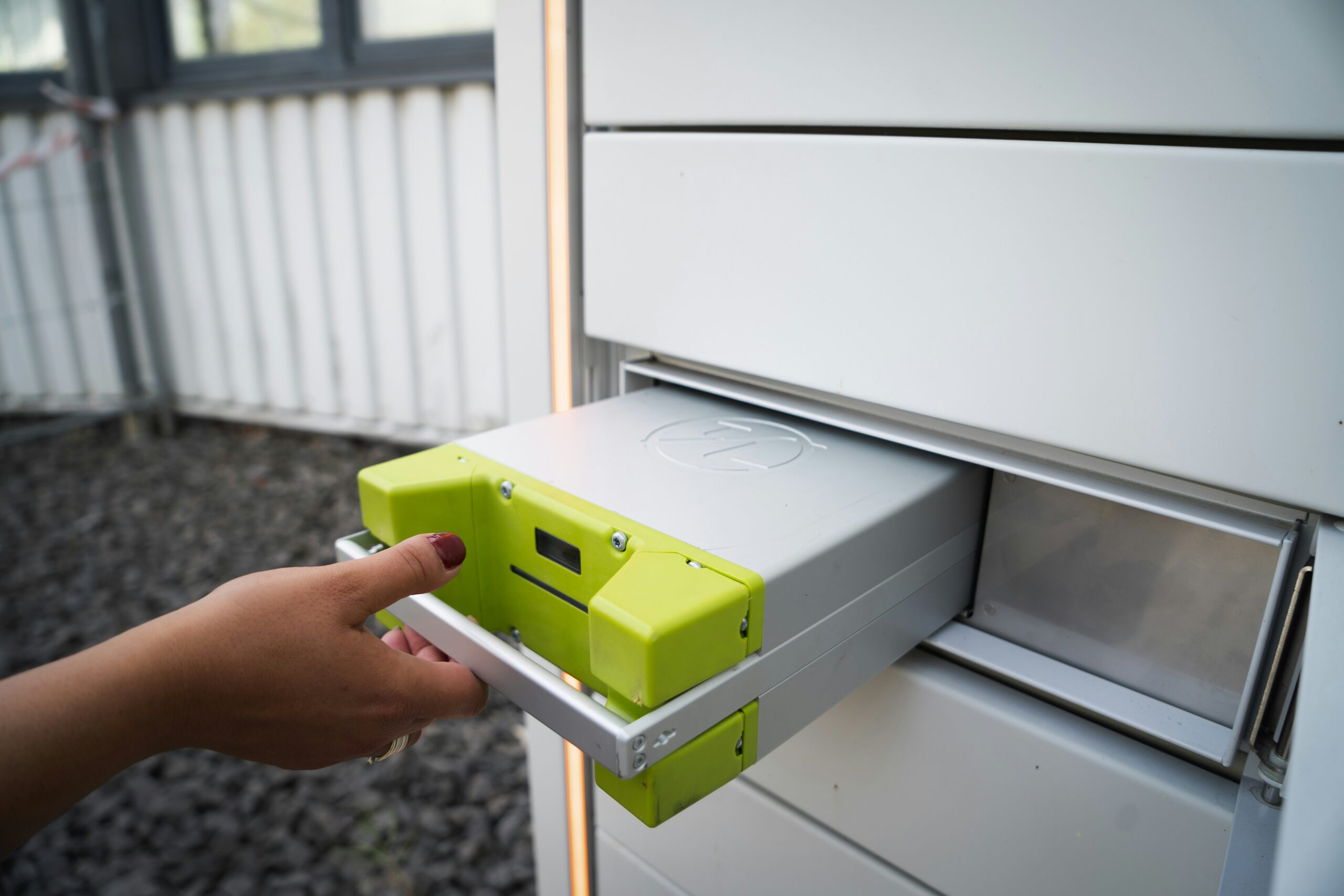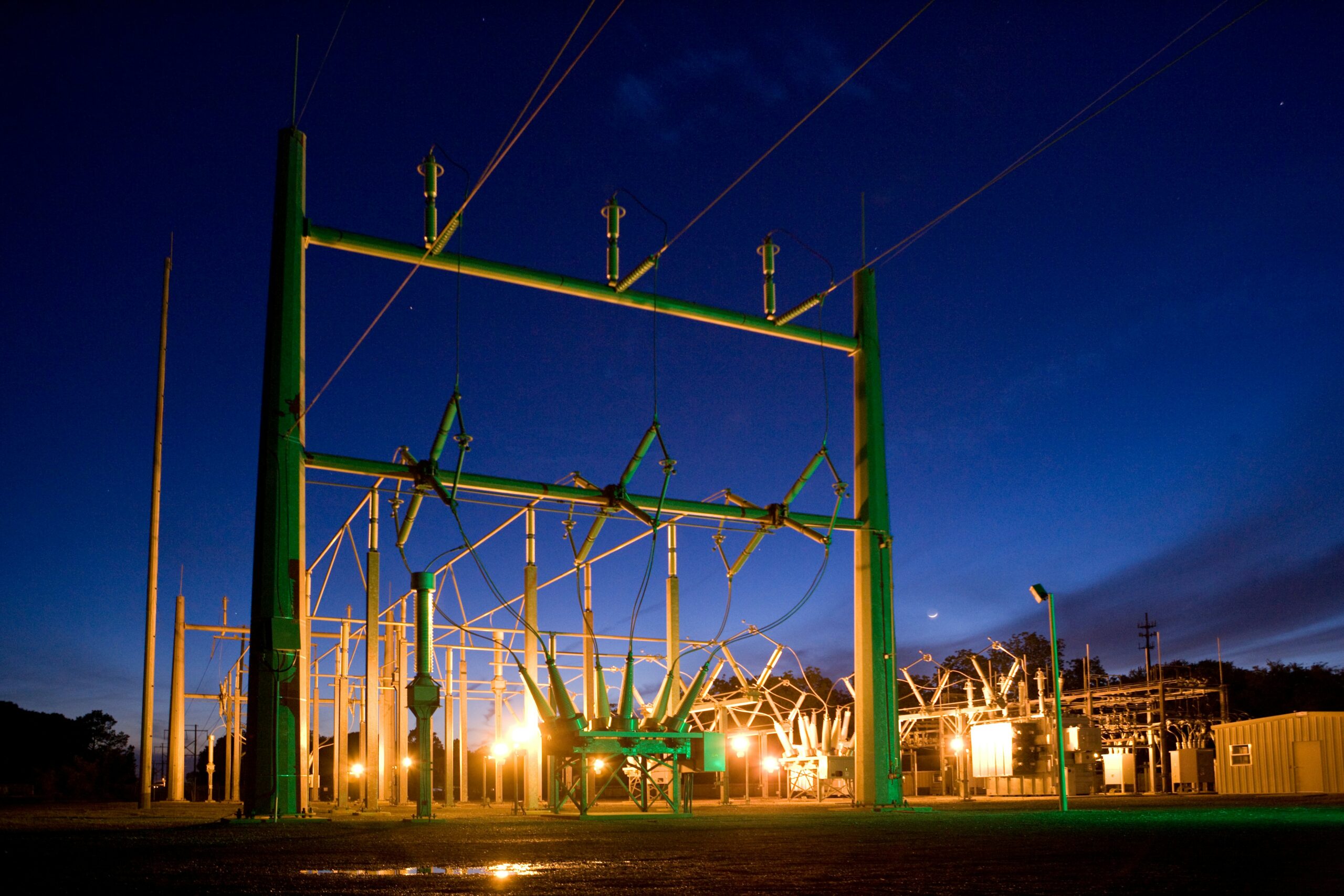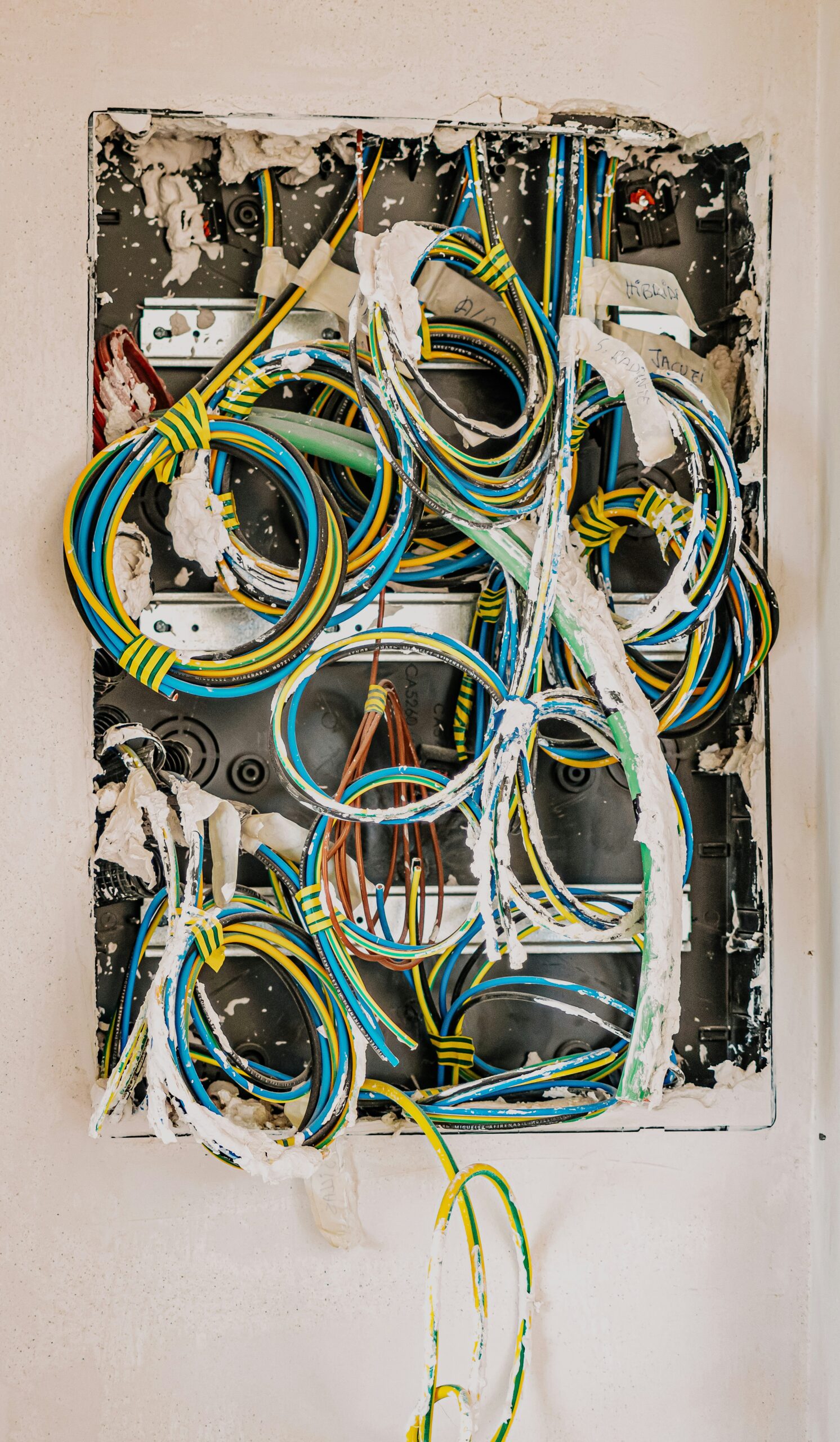Imagine never having to worry about sudden power outages again. With a home power backup system, you can ensure that your entire house remains powered, no matter what. From keeping your lights on, to running essential appliances and charging your devices, this innovative solution provides a reliable source of electricity even in the darkest of times. Say goodbye to inconvenience and hello to peace of mind knowing that you’ll never be left in the dark again. Discover how a home power backup system can transform your daily life and keep your home fully functioning, no matter what challenges come your way.

Understanding Home Power Backup Systems
Definition and functionality of a home power backup system
A home power backup system, also known as a generator or an uninterrupted power supply (UPS), is a device or system that provides electricity during power outages or disruptions. These systems act as a backup source of power and can keep your essential appliances and devices running smoothly when the main power supply fails.
The functionality of a home power backup system depends on its type. There are various types available, including standby generators, portable generators, and battery-based backup systems. Standby generators are installed permanently outside your home and are connected to your electrical system. Portable generators, on the other hand, can be moved around and come in handy for temporary power needs. Battery-based backup systems store power in batteries and can be used to power specific appliances or small areas of your home.
Different types of home power backup systems
-
Standby Generators: These systems are connected to your home’s electrical system and automatically turn on when the power goes out. They run on natural gas, propane, or diesel and provide a seamless transition of power during an outage.
-
Portable Generators: These versatile units provide power in situations where a fixed standby generator may not be feasible or necessary. They typically run on gasoline or propane and need to be manually started during an outage.
-
Battery-Based Backup Systems: These systems store electricity in batteries and can provide power during an outage. They are typically used for smaller power needs, such as running essential appliances or powering a particular area of the house. Battery-based backup systems can be integrated with solar panels to charge the batteries during daylight hours.
Capacity of a Home Power Backup System
How backup systems are rated
The capacity of a home power backup system is rated in terms of its power output, measured in watts or kilowatts. This rating determines the maximum amount of power the system can provide at any given time. The higher the power output, the more appliances and devices the backup system can support simultaneously.
Measuring the power capacity of backup systems
To determine the power capacity needed for your home, you must identify the essential appliances and devices you want to run during a power outage. Each appliance will have a labeled power consumption rating, usually expressed in watts or kilowatts. By adding up the power consumption of all your necessary appliances, you can estimate the required capacity of a home power backup system.
It’s essential to consider not just the startup power (called surge power) of the appliances but also their continuous power consumption. Some appliances, like refrigerators or air conditioners, may require a higher surge power when they start up, which should be factored in while calculating the required capacity of your backup system.
Calculating Home Energy Needs
Listing out home appliances and their energy consumption
To accurately calculate your home’s energy needs, it is crucial to identify all the appliances and their energy consumption. Start by listing out the appliances you use on a daily basis, including refrigerators, air conditioners, lights, TVs, computers, and kitchen appliances. Consult the user manuals or labels on these appliances to find their power consumption ratings.
Determining total power consumption in a day or month
Once you have the power consumption ratings of your appliances, you can determine the total power consumption for a day or month. Multiply the power consumption of each appliance by the number of hours it is used daily to obtain a daily power consumption figure. If you want to calculate the monthly power consumption, multiply the daily figure by the number of days in a month.
Remember that some appliances may have variable power consumption depending on their usage or settings. Take this into account while estimating the total power consumption to ensure you have an accurate understanding of your energy needs.
Power Backup System vs Home Energy Needs
Can a backup system power the whole house?
While a home power backup system can provide electricity during an outage, whether it can power your entire house depends on the capacity of the backup system and the energy needs of your home. If your energy needs are relatively low, a backup system might be able to handle your entire house. However, if you have high energy demands, it is unlikely that a backup system alone can power your entire house.
What happens in case of energy overload or shortage?
If the energy consumption of your home exceeds the capacity of the backup system, it may lead to an overload, causing the backup system to shut down or fail to deliver sufficient power. In such cases, it’s important to prioritize essential appliances to ensure they receive power during an outage. Consider installing a transfer switch to manage the distribution of power and prevent overloads.
On the other hand, if the energy consumption of your home is lower than the capacity of the backup system, it may result in a shortage of power. This means that the backup system is not being utilized to its full potential. In such cases, it is advisable to explore energy-efficient options or consider a backup system with a lower capacity that aligns better with your energy needs.

Partial vs Whole-house Power Backup Systems
Understanding partial power supply backups
Partial power supply backups are designed to provide electricity to specific circuits or appliances in your home. These systems typically have a lower capacity and are suitable for running essential appliances, such as refrigerators, lighting, and select outlets, during a power outage. Partial power supply backups are often more cost-effective than whole-house systems since they require smaller capacities and may not need installation by professionals.
Understanding whole-house power supply backups
Whole-house power supply backups are capable of providing electricity to the entire home during a power outage. These systems have a higher capacity and are more complex to install. They require professional installation and may involve connecting the backup system to your home’s electrical panel. Whole-house power supply backups can be powered by a variety of fuel sources, including natural gas, propane, or diesel.
Cost Implication of Home Power Backup Systems
Cost of installation of home power backup systems
The cost of installing a home power backup system varies depending on the type, capacity, and features of the system. Standby generators, being more complex and requiring professional installation, tend to have higher installation costs. Portable generators, on the other hand, are generally less expensive to install since they can be easily moved and do not require permanent connections to your home’s electrical system.
Additionally, the cost of installation may involve expenses related to permits, wiring, and any necessary modifications to your electrical system. It is advisable to consult with a professional to get an accurate estimate of the installation cost for your specific home and backup system requirements.
Maintenance cost and future expenses
Along with the installation cost, it is important to consider the maintenance cost and future expenses associated with home power backup systems. Standby generators, for example, require regular maintenance, such as oil changes and filter replacements, to ensure optimal performance and longevity. Portable generators also require periodic maintenance, including fuel stabilizer, oil changes, and spark plug replacements.
Furthermore, considering the fuel source of the backup system is crucial in determining ongoing expenses. Natural gas or propane-powered systems may require a constant supply of fuel, which can add to your overall cost. Battery-based backup systems, while potentially offering lower ongoing expenses, may require battery replacements over time.

Energy Efficiency and Home Power Backup Systems
Understanding the concept of energy efficiency
Energy efficiency refers to the ability of a system to maximize the output of useful energy while minimizing wasted or lost energy. Energy-efficient backup systems can help you save on electricity costs and contribute to a more sustainable lifestyle. They are designed to convert fuel or stored energy into electricity with minimal losses.
How backup systems can contribute to energy efficiency
Home power backup systems can contribute to energy efficiency by providing power only to essential appliances during a power outage. By selectively powering critical loads, such as refrigerators, lights, and communication devices, backup systems prevent unnecessary energy consumption. This ensures that energy is utilized efficiently and reduces the strain on the backup system’s capacity.
Additionally, integrating renewable energy sources, such as solar panels, with battery-based backup systems can improve energy efficiency. Solar panels generate clean and sustainable energy during daylight hours, which can be stored in batteries for use during a power outage. This reduces reliance on fossil fuel-powered backup systems and lowers your carbon footprint.
Potential Limitations and Challenges
Possible drawbacks of a home power backup system
While home power backup systems offer many benefits, they also come with a few potential limitations. Some common drawbacks include:
-
Noise: Backup systems, especially portable generators, can be noisy during operation. This can be a concern if you have nearby neighbors or if you require a quiet environment.
-
Fuel storage: Backup systems that run on gasoline or propane require proper fuel storage, which can be a challenge if you have limited space or need to adhere to safety regulations.
-
Maintenance: As mentioned earlier, backup systems require regular maintenance to ensure their reliability and performance. This can be an additional task that needs to be managed and budgeted for.
How to overcome these challenges
To address the challenges associated with home power backup systems:
-
Noise reduction: Consider purchasing backup systems with noise reduction features or explore sound-dampening enclosures. Additionally, proper placement and distance from living areas can help minimize the noise impact.
-
Fuel storage solutions: Consult local regulations and guidelines to determine suitable fuel storage options. If space is a constraint, opt for smaller, portable generators with fuel capacity that aligns with your backup needs.
-
Scheduled maintenance: Create a maintenance schedule for your backup system and ensure regular servicing. Engaging a professional for maintenance, or following manufacturer guidelines, can help maintain the longevity and efficiency of your backup system.
Exploring Alternatives to Home Power Backup Systems
Solar energy and batteries
Solar energy, harnessed through solar panels, presents an alternative solution to traditional home power backup systems. By installing solar panels and coupling them with battery-based backup systems, you can store excess solar energy during the day and use it to power your home during an outage. The combination of solar energy and batteries provides a sustainable and potentially cost-effective backup solution.
Utilizing a generator for backup power
In addition to home power backup systems, utilizing a generator as a backup power source is another viable option. Generators can be connected to essential circuits in your home through a transfer switch, enabling you to power selected appliances and devices during an outage. Generators come in different sizes and power capacities, allowing you to choose one that best suits your needs.
It’s worth noting that, unlike home power backup systems, which can start automatically during a power outage, generators require manual operation and fuel supply to function.
Final Thoughts and Expert Opinions
Insights from industry experts and experienced users
According to industry experts, a home power backup system can provide peace of mind and essential power during outages. It is essential to accurately calculate your energy needs and choose a backup system that aligns with those requirements. Ensuring proper maintenance and understanding the limitations and challenges of backup systems are crucial to maximizing their efficiency and reliability.
Experienced users emphasize the importance of prioritizing essential loads and considering energy-efficient appliances when estimating energy needs. They also highlight the benefits of integrating renewable energy sources to reduce dependence on fossil fuel-powered backup systems.
Conclusion on whether a home power backup system can power an entire house
While home power backup systems have the capability to power your entire house, it is crucial to consider your energy needs and the capacity of the backup system. It is unlikely that a backup system alone can handle high energy demands of an entire house, but with proper load management and energy-efficient practices, it can serve as a reliable source of power during outages. In cases where complete coverage is desired, consultation with professionals and the consideration of whole-house power supply backups is recommended.

